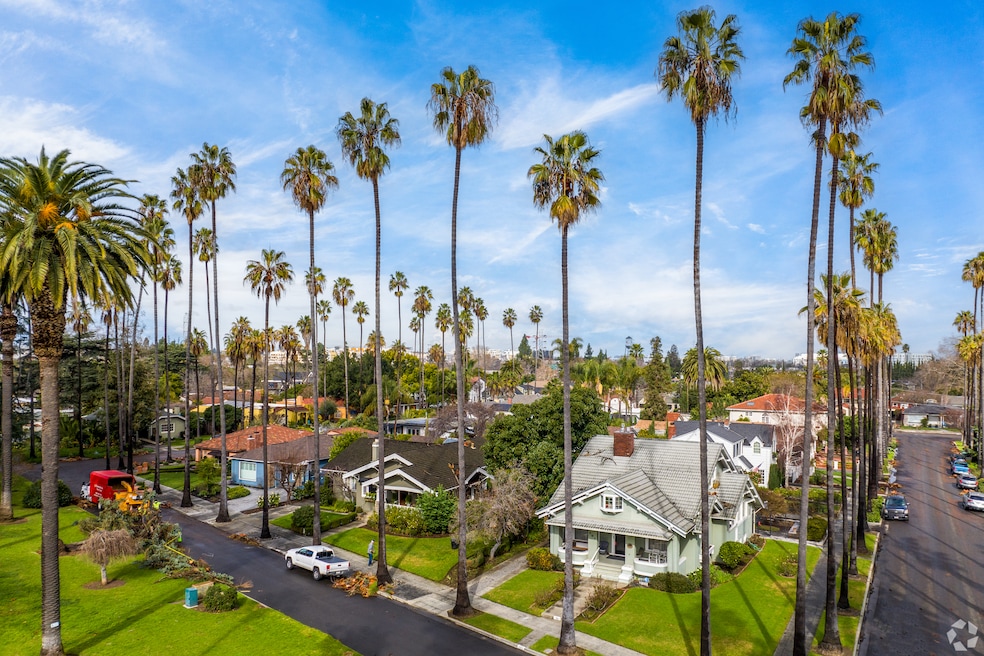A California city is taking a new approach to easing the state’s housing shortage: converting accessory-dwelling units into affordable, for-sale condominiums.
Less than a month after San Jose approved such a project, housing tech firm APEX Homes announced Tuesday that it had completed the first conversion, known as a condoization, at a property near the city’s downtown.
APEX Homes' CEO and Founder, Stephanie Yi, told Homes.com that the firm has secured a buyer for the ADU and is in the process of going into contract.

Accessory-dwelling units, or ADUs, are small, separate living spaces built on the same property as a larger house.
In other words, they’re mini houses, often in a home’s backyard or above its garage. Typically, ADUs are sold with their main property, but a state law passed in 2023 permits local agencies to allow the units to be sold separately.
The San Jose project is the first to be completed under the new ordinance, according to city leadership. The brunt of the conversion involved collaboration between APEX and the city to review applications and obtain approvals for new site plans.
“San Jose is creating housing affordability and ownership by thinking differently,” Mayor Matt Mahan said in a statement when the project was approved. “ADUs are affordable by design and growing in popularity across the state, and now they can offer the most accessible form of homeownership, too.”
Making homeownership more attainable and affordable
Local leaders and experts have suggested that the new regulations will create more homeownership opportunities at a more affordable price for Californians at a time when the state is struggling to meet housing demand.
The state's biggest cities are planning fewer housing units than they did a decade ago, public filings show, despite strict state mandates to ramp up production to increase affordability and keep residents from moving to cheaper areas.
"With housing affordability at a crisis point nationwide, ADU condominiums present a replicable model for cities across the country," APEX leaders said in a statement Tuesday. "By converting underutilized land and rethinking zoning and ownership structures, municipalities can create new streams of attainable housing while supporting community stability and wealth-building."
An Urban Land Institute report released in July applauded San Jose for its efforts to promote condoization.
Portland, Oregon, is another example of success, the report said. As of 2024, the city had recorded over 100 condo sales involving accessory units as part of a broader campaign encouraging.
“It allows homeowners to realize the value of their ADUs without becoming landlords, promotes co-housing arrangements, and provides more affordable homeownership options in a city grappling with housing affordability challenges,” ULI said of such legislation in its report.
